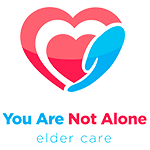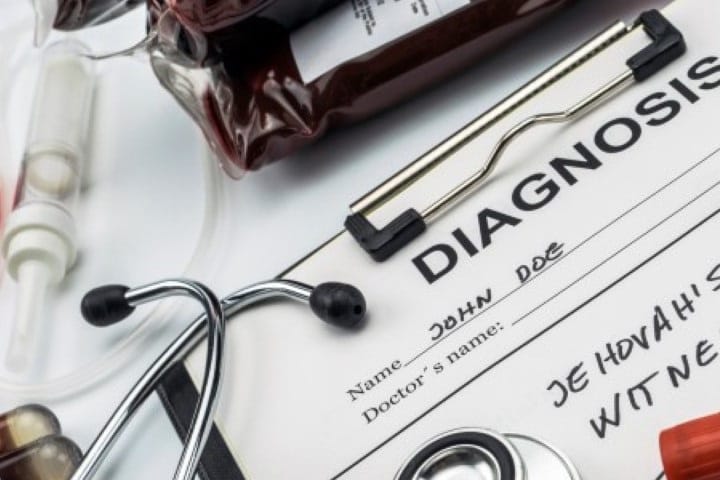When asked the following question, Adrian Allotey, Owner of You Are Not Alone Elder Care LLC and Certified End of Life Doula, responded as such.
Q: For those of us who aren’t familiar, could you describe the phases one goes through at the end of life? How do you assist in each phase?
A: The Shock Phase: This is when a person gets a terminal diagnosis. Both the patient and his/her family can experience an overwhelming feeling of shock. I always begin by asking what can I do for you. I allow them to give me direction on how I can best serve. I conduct an assessment to determine if there are any immediate issues, especially around safety. I begin to lay a foundation that includes trust, support, active listening and a sense of security.
The Stabilization Phase: This is a time when things begin to become under control. Immediate issues from the Shock Phase have been addressed. As appropriate, work is done in this phase. Death plans are created. Difficult conversations are had. Forgiveness is sought and given. Life reviews are conducted, evidence that they are more than the current situation but a culmination of their life decisions, actions, roles and contributions. I help to facilitate the highest quality of daily living for both patient and family during this stage. This phase sets the groundwork for a peaceful death as unresolved issues can be a hindrance.
The Transition Phase is the period of time right before a person dies. It can last from hours to days. It is during this phase where I pay close attention to the body shutting down. I continue to communicate what is happening to those around and offer interventions for comfort. Most importantly I reassure the family that the changes that they are observing are a natural part of the dying process as this knowledge alone can be very comforting. Together we give the patient permission to go, or say our goodbyes, all while creating the most sacred, spiritual experience and optimum environment.

